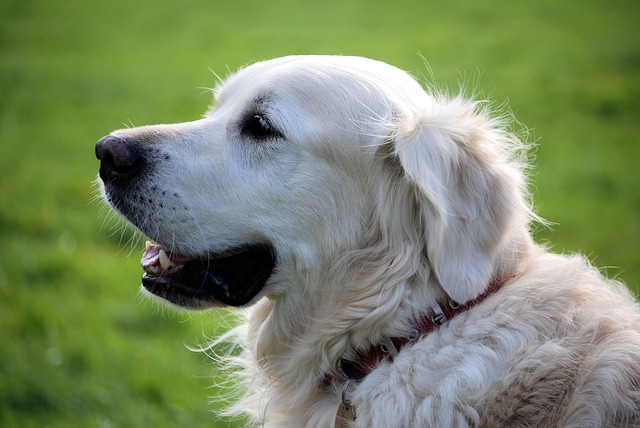
What is glaucoma in a dog?
You might notice your dog squinting more at mealtime or avoiding bright sunlight—these small changes could be early signs of a serious eye condition.
Parvo is a scary word for any new puppy owner, and understanding when the risk eases can take some of the stress out of those early months. The virus thrives in environments with unvaccinated dogs, lingering in soil or on surfaces for months—something to keep in mind when visiting parks or dog runs, especially in areas where local laws require up-to-date vaccinations.
Puppies start with some protection from their mother’s milk, but that immunity fades around 6 to 8 weeks old. That’s why vets typically start the parvo vaccine series around this time, with boosters every few weeks. Most puppies won’t have full immunity until they’ve had their final shot, usually between 16 and 20 weeks of age.
It’s important to note that even after completing the vaccine series, no dog is 100% protected. Puppies with weaker immune systems, like those from shelters or with health issues, might need extra caution. In many European countries, keeping unvaccinated puppies away from public spaces isn’t just good practice—it’s required by law to prevent outbreaks.
 Owners should also be aware of local regulations regarding dog vaccinations. In parts of the U.S., for example, certain counties mandate proof of parvo vaccination before allowing dogs in public parks or boarding facilities. Failing to comply can result in fines, not to mention putting other pets at risk.
Owners should also be aware of local regulations regarding dog vaccinations. In parts of the U.S., for example, certain counties mandate proof of parvo vaccination before allowing dogs in public parks or boarding facilities. Failing to comply can result in fines, not to mention putting other pets at risk.
Watching for symptoms remains crucial, even after the vaccine schedule is done. Lethargy, vomiting, or bloody diarrhea are red flags that require immediate vet attention. Early treatment drastically improves survival rates, which is why staying informed and proactive is key for any responsible puppy parent.
By following the recommended vaccine timeline, adhering to local laws, and keeping a close eye on your pup’s health, you can significantly reduce their risk of contracting parvo. Remember, every puppy is different—work with your vet to create a plan that fits their specific needs, and enjoy those playful months knowing you’re doing everything to keep them safe.

You might notice your dog squinting more at mealtime or avoiding bright sunlight—these small changes could be early signs of a serious eye condition.

Let’s set the scene: It’s a sweltering Phoenix afternoon—105°F outside—and you rushed your 2-year-old Lab mix, Cooper, on a quick walk to “get it over with.”

Let’s get real: You’re in your Miami apartment, watching your 3-year-old Corgi, Loki, struggle to climb the stairs to your second-floor unit.

Many dog owners brush off occasional scratching as just “dog behavior,” but persistent itching often signals something more—like a food allergy.

You might first notice your dog scratching more than usual—chewing at their paws until the fur looks thin, or rubbing their face against the couch nonstop.

Let’s be real: You’re standing in your Chicago apartment, watching your 3-year-old Beagle, Max, huff and puff just to climb onto the couch.